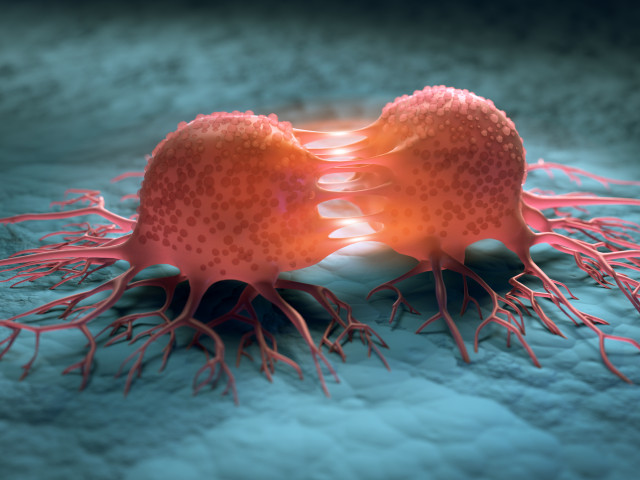
[ad_1]
European bee venom has been shown to be “remarkably effective” in killing the most aggressive and difficult-to-treat breast cancer cells, according to a study by Australian researchers, cited by DPA and Xinhua.
In the study, conducted by scientists at the Harry Perkins Institute for Medical Research and the University of Western Australia, venom from 312 bees and bumblebees was used to test its anti-cancer properties, Agerpres reports.
The team found that the venom, and especially its main component, melittin, caused the rapid destruction of cells that make up “triple negative breast cancer and HER2-enriched breast cancer cells.” Furthermore, the venom had this effect in concentrations that did not harm normal cells.
Triple negative breast cancer accounts for 10 to 15% of all breast cancers, the institute said.
There are currently no effective clinical treatments for this type of cancer.
“The venom turned out to be extremely strong,” said Ciara Duffy, the study’s lead researcher, in a message posted Wednesday on the institute’s website.
“We have found that melittin can completely destroy cancer cell membranes in 60 minutes,” he added.
Peter Klinken, principal investigator at the University of Western Australia, said this observation that melittin can suppress cell development is “incredibly interesting.”
Breast cancer is the most common type of cancer that affects women around the world.
The study, published in the journal Nature Precision Oncology, also looked at whether melittin could be used in combination with drugs currently used in chemotherapy to treat extremely aggressive types of breast cancer.
Duffy said her team found that melittin had formed holes in the membranes of breast cancer cells, which could allow certain drugs to enter the cells and kill them.
This technique of “combining melittin with docetaxel (a drug used in chemotherapy) has been shown to be very effective in reducing tumor growth in mice,” Duffy explained.
The next step for researchers is to evaluate the optimal method for the administration of melittin, as well as to establish the toxicity and maximum tolerated doses in clinical trials.
Editing: Alexandru Costea